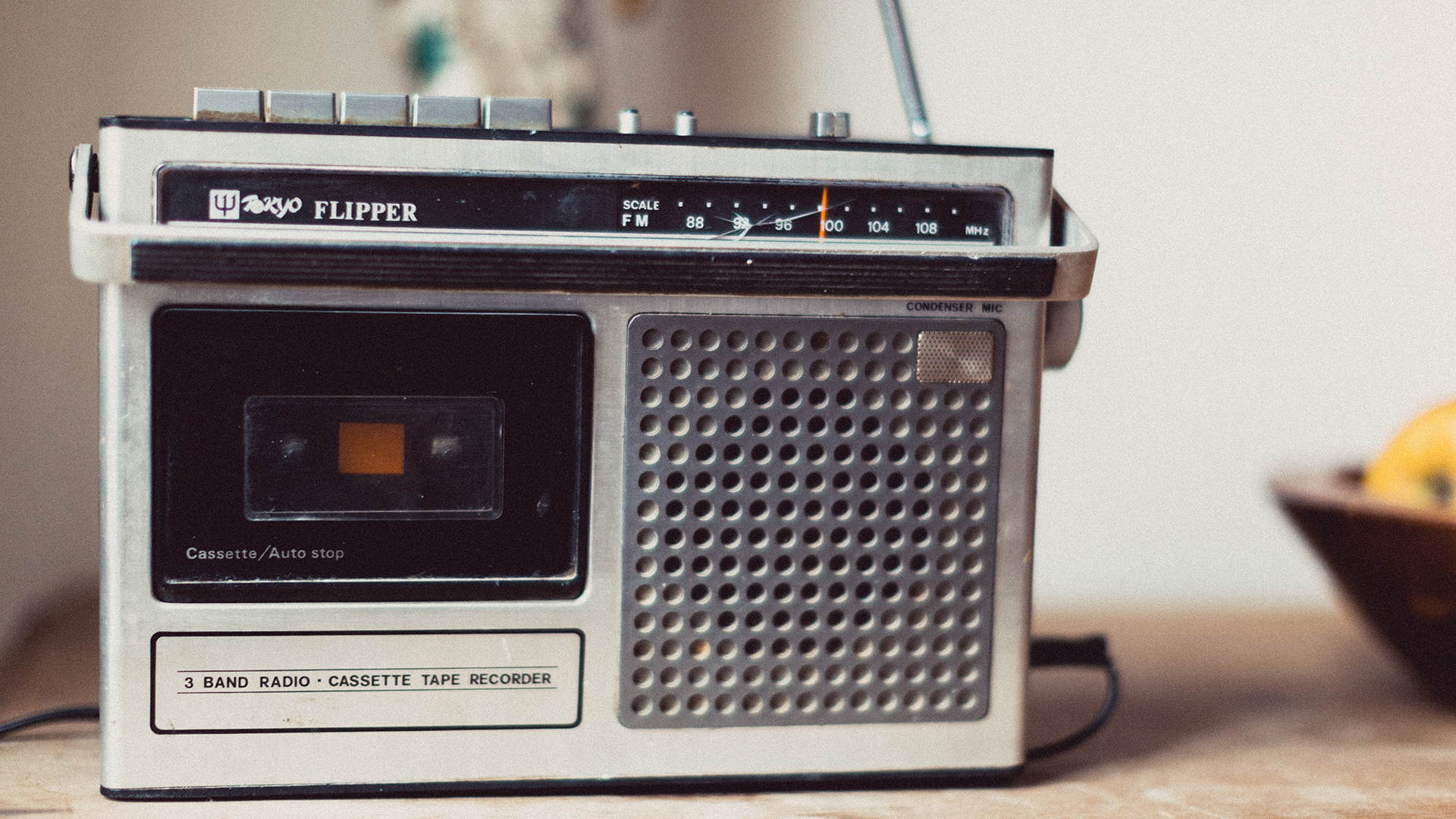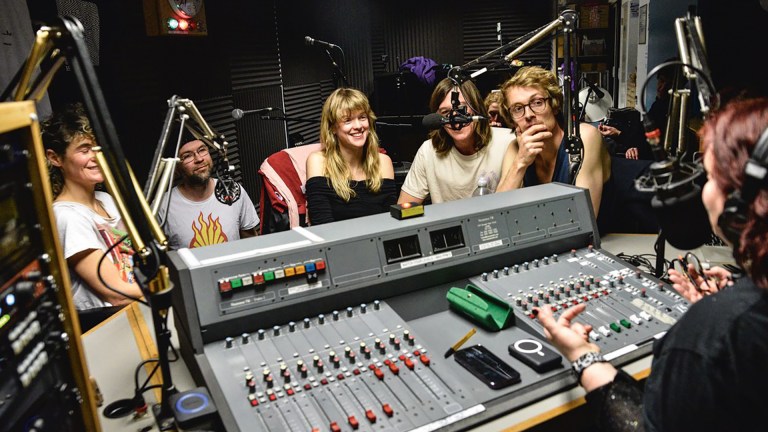In 2022 the BBC announced major cuts to its local radio services across England. The changes consist of combining shows across the network’s 39 stations – some time slots will merge shows by region, others will be broadcast across England.
The cuts aim to save £7.5m, according to the Financial Times, part of an effort to save £500m from the BBC’s overall costs. The savings are in response to the two-year freeze on funding put into place by the government in January 2022 and the December 2023 announcement that the licence fee will increase by just £10 next year. After having been frozen for two years, this means a real-terms cut to funding. The government has since revealed it is launching a review into the future funding of the BBC.
The cuts began in autumn despite widespread opposition. The move will disproportionately impact elderly people, disabled people and minority groups, the National Union of Journalists (NUJ) warned.
Change a Big Issue vendor’s life this Christmas by purchasing a Winter Support Kit. You’ll receive four copies of the magazine and create a brighter future for our vendors through Christmas and beyond
Stations have been dogged by technical problems, complaints about irrelevant content and falling listener numbers. The full impact of the cuts is yet to be seen, but there’s concern vulnerable people won’t be able to access local news. “It’s not uncommon for an area to have a major incident [which locals need to be kept up to date on],” explains Kay Hallsworth, CEO of Gosport Voluntary Action, a charity which provides support for community groups.
Hallsworth explains that the cuts could be deadly for vulnerable people: “They rely on the radio, if we don’t have local services that know the specific risk to a specific area then we’re risking lives by not being able to get the information out to them.”










